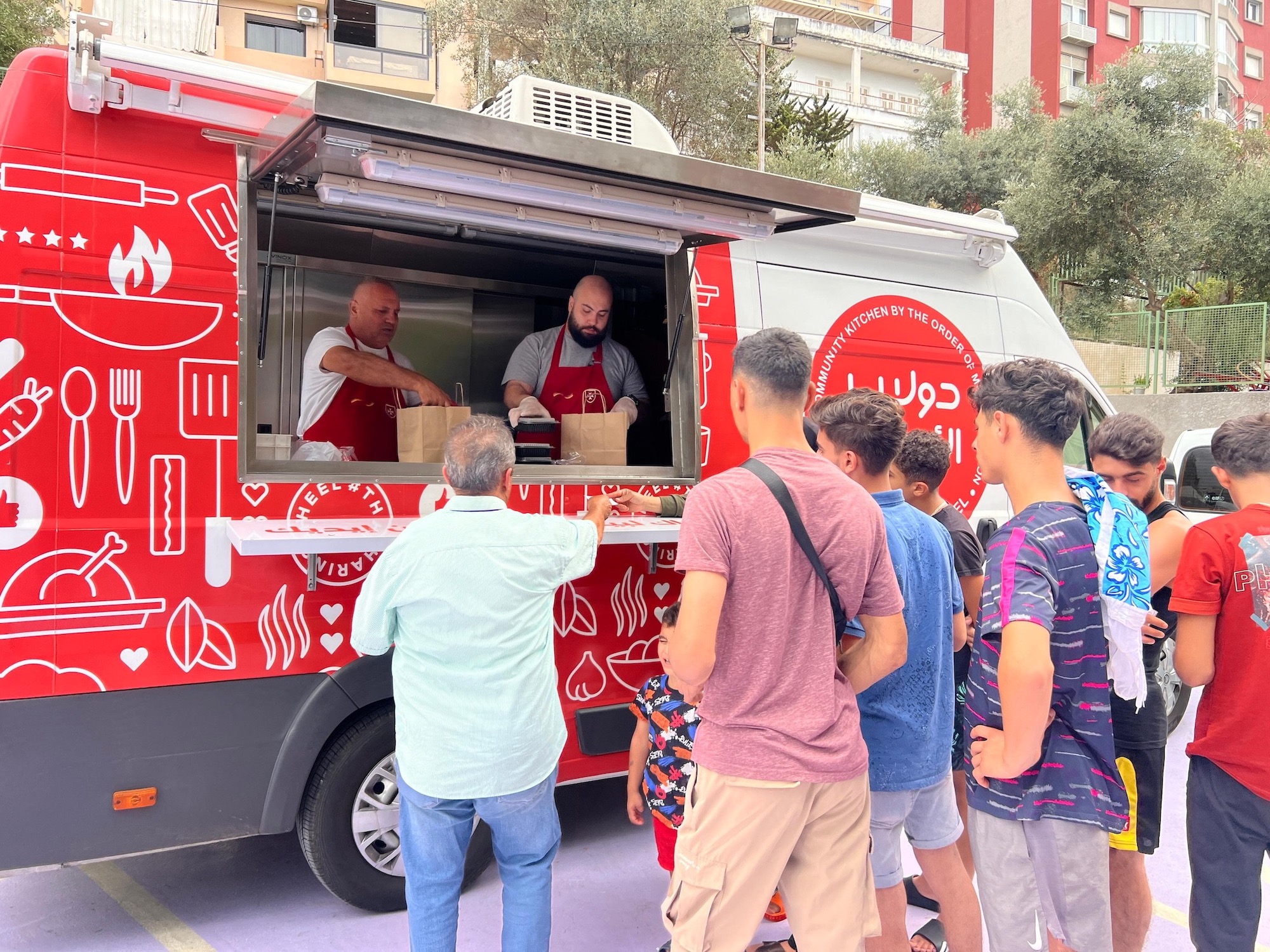Lebanon: Order of Malta expands humanitarian aid for internally displaced

The situation for the Lebanese population has deteriorated further following recent escalations, marked by massive attacks in southern and eastern Lebanon, particularly in the southern suburbs of Beirut. “Many people were forced to flee with only the essentials. According to government reports, around one million people are now internally displaced. The Lebanese government is calling this the largest displacement crisis in the country’s history over such a short period,” reports Lisa Kramer, country coordinator for Malteser International in Lebanon, the worldwide relief agency of the Order of Malta, who was on the ground until a few days ago.
“People are now queuing outside the Order of Malta’s community health centers, as the displaced lack basic necessities—shelter, water, food, and hygiene supplies,” she adds.
In response, Malteser International, in collaboration with the Order of Malta Lebanon, is expanding its support for the displaced: “Our colleagues are working tirelessly to extend medical aid, distribute hot meals, and organize the procurement of critical relief supplies,” Kramer explains. At the same time, Malteser International is preparing for future displacement movements in the region.
The Order of Malta’s Lebanese Association, active in the health and social sectors since 1957, remains committed to meeting the essential needs of the displaced. This includes the distribution of food, medical aid, and psychological support.
In a recent address to the United Nations Security Council in New York, the Order of Malta’s Grand Chancellor emphasized the core values guiding the Order’s humanitarian work. Through neutrality and impartiality – the Grand Chancellor explained – the Order provides assistance globally, even in the most challenging circumstances, such as in Lebanon and Gaza. “Our leadership for peace is exhibited not only in words but, more importantly, in deeds.”
Since 2012, Malteser International has worked alongside the Order of Malta Lebanon to assist vulnerable populations. Their efforts focus on mobile and stationary healthcare—operating four Mobile Medical Units and eleven Community Healthcare Centers—and enhancing food security through agricultural centers.



